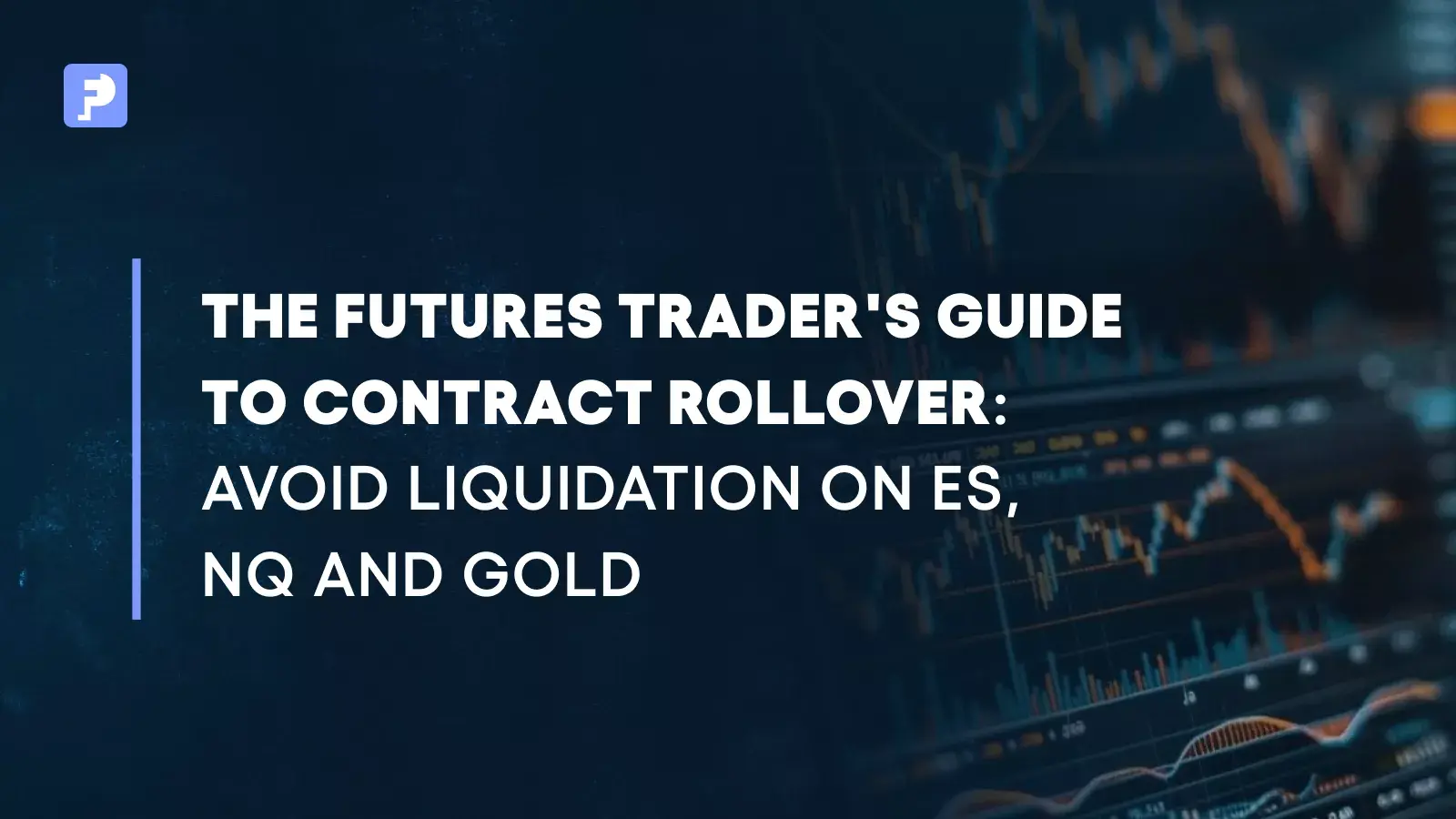
How to Choose the Right Prop Trading Firm for Futures
Introduction
The futures market offers traders access to global instruments, built-in leverage, and consistent price movement. Unlike spot markets, futures are exchange-traded with standardised contract specifications and strict margin requirements. This structure provides both opportunity and discipline for traders who can manage risk effectively.
Many traders choose proprietary trading firms, or “prop firms,” to access funded capital without risking personal funds. These firms provide structure, rules, and often a clear pathway to professional-level trading.
However, not all prop firms are equal. The real challenge is identifying a firm that supports long-term trader development. This guide explains what to look for in a futures-focused prop firm and what to avoid, so you can make a decision that protects both your capital and your career.
Why Futures Prop Trading Demands Higher Standards
Futures contracts, such as the E-mini S&P mini-S&P 500 (ES), crude oil (CL), or US Treasury bonds (ZB), are exchange-traded agreements to buy or sell an asset at a set price on a specific future date. They have fixed tick sizes (the minimum price movement allowed for the contract) and require an initial margin to open a position and a maintenance margin to keep it open.
Because these contracts trade in regulated, live markets, the quality of execution and the transparency of rules directly impact results. A futures prop firm must offer:
- Simulated environment that mirrors the live Futures market as closely as possible
- Transparent rules that are easy to understand
- A realistic risk model that mirrors actual market conditions
Without these, even a strong trading strategy can be undermined.
Core Features of a Reliable Prop Trading Firm for Futures
When choosing a firm, prioritise infrastructure and transparency over headline funding amounts.
1. Data Access and Market Connectivity
Confirm that the firm uses data providers that are reliable and follow the real Futures market. This means genuine fills, slippage, and fees – the conditions that shape reliable performance.
2. Clear and Transparent Rules
A professional prop firm sets rules that protect capital while allowing growth. Look for:
- Reasonable drawdown limits (daily and total)
- Trading hours aligned with exchange schedules and contract rollovers
- Upfront disclosure of commissions, data fees, and platform costs
Unclear or hidden rules often indicate a business model focused on evaluation fees rather than long-term trader success.
Read: Common Mistakes Traders Make in Funded Futures Accounts
3. Asset Coverage and Margin Structure
A limited contract list can restrict strategy. Confirm that you can access equity indices, commodities, Treasury futures, and agricultural products.
Margin requirements should align with exchange minimums. Check whether contract size limits apply per instrument or across the portfolio.
Diversification improves capital resilience and adaptability.
See: Portfolio Diversification: The Ultimate Risk Management Technique
Red Flags That Signal Weak Foundations
Avoid firms that:
- Execute trades on delayed data
- Set unrealistic profit targets with tight deadlines
- Offer no scaling plan after initial funding
- Restrict instruments without clear reason
- Withhold fee information until after sign-up
A serious firm operates with transparency, fairness, and consistent trader feedback.
Questions to Ask Before You Commit
Before joining a futures prop firm, ask:
- Is their simulated environment realistic?
- Are all fees and commissions disclosed upfront?
- How quickly can I transition from evaluation to the funded stage?
- Are there restrictions during high-impact news events?
- What happens after my first withdrawal?
- Is there structured trader support or mentoring?
The clarity of these answers is a strong measure of the firm’s priorities.
Final Thoughts
Your prop firm is more than a funding provider; it shapes your trading environment, risk management approach, and career potential. The right choice offers strong infrastructure, clear rules, realistic expectations, and a path for growth.
Choose wisely, and your performance, confidence, and capital can scale in a sustainable way.
Start your FunderPro Futures Challenge today and trade with professional-level discipline in the world’s leading futures markets.
All trading in FunderPro Futures takes place in a demo-style environment and in off-exchange futures.



